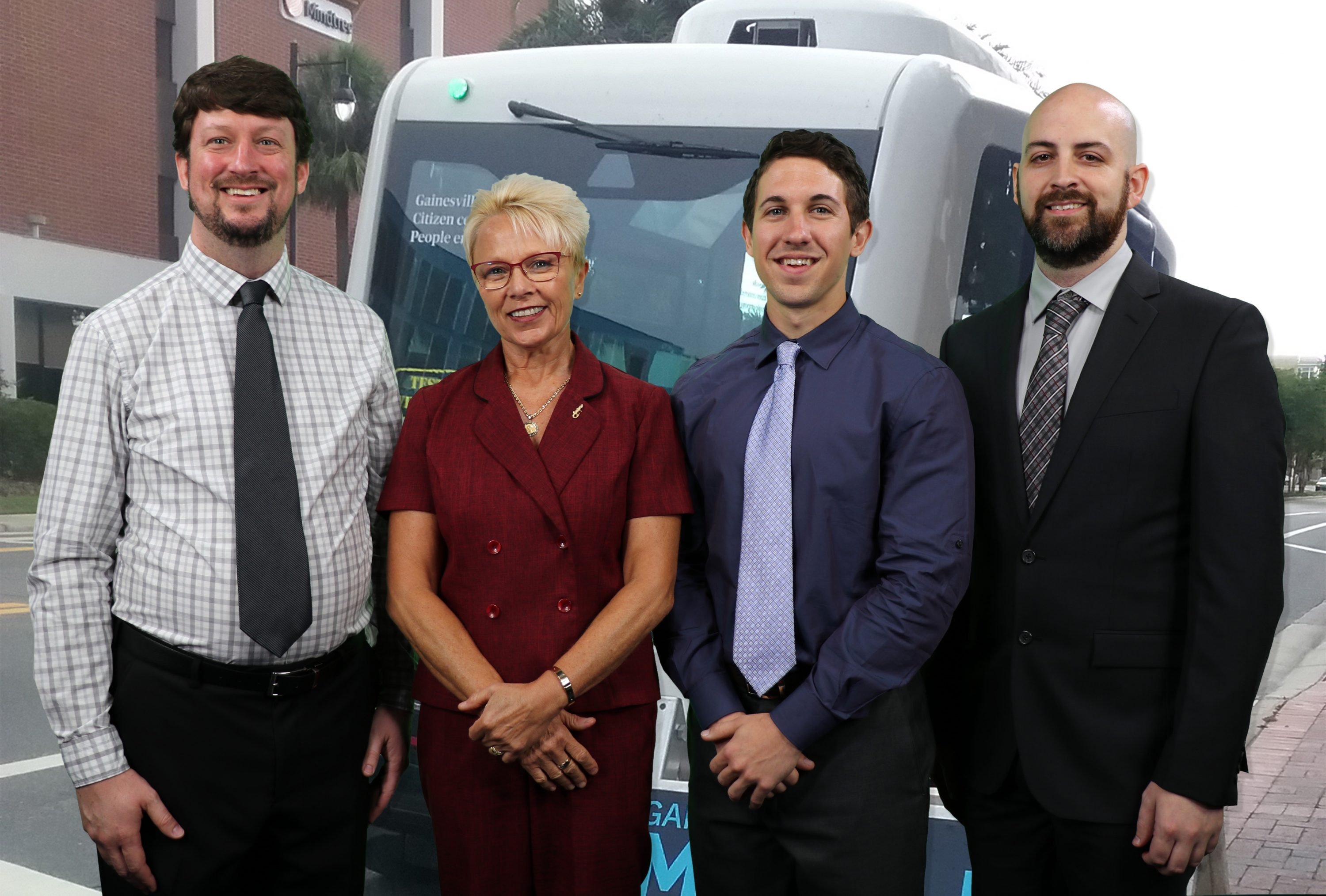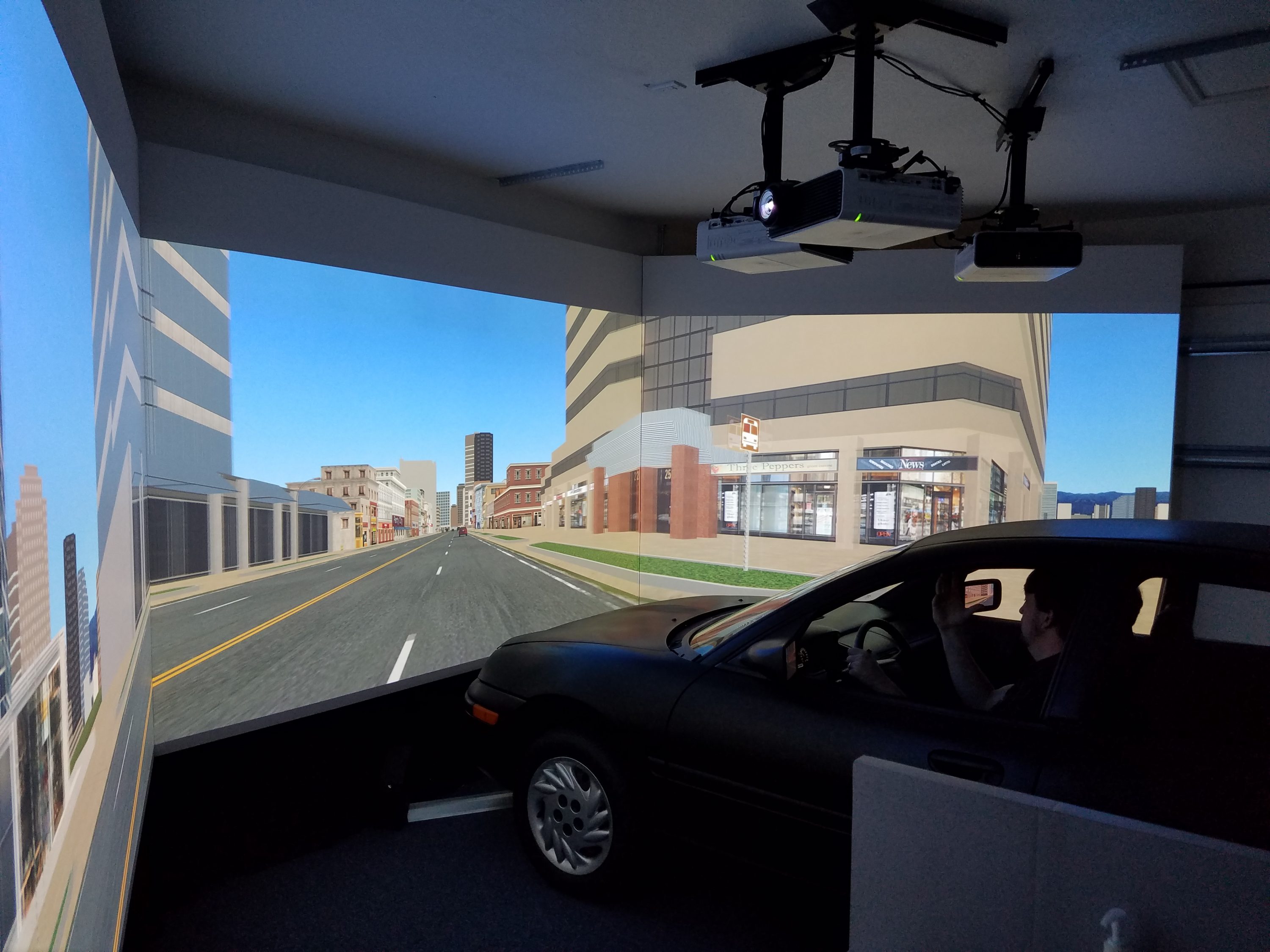
The University of Florida’s Institute for Mobility, Activity, and Participation, under the leadership of Dr. Sherrilene Classen, is collaborating with Dr. Virginia Sisiopiku of the University of Alabama at Birmingham, and with support from the City of Gainesville to understand the perception, beliefs, and attitudes of older drivers (≥ 65 years) as they relate to emerging autonomous vehicle technology. The team will study these components utilizing UF’s driving simulator (in autonomous mode), and the Autonomous Shuttle, currently being pilot tested in the City of Gainesville.

The team will ask older drivers to provide information about their driving habits, willingness to use technology, and their perceptions of autonomous vehicle technology. Older drivers will participate in a 15-minute simulated autonomous drive in a high fidelity driving simulator and a 15-minute drive in an autonomous vehicle and their perceptions will be solicited following each experiment. Older drivers will be exposed to the driving simulation and autonomous vehicle in a randomized order. The team will use the data to make within group comparisons given the three conditions (i.e. baseline, simulator, autonomous shuttle).
The knowledge gained through this research will provide valuable feedback to engineers, system developers, and rehabilitation scientists on the human factors of engaging with, trusting (or not), and accepting (or not) the autonomous vehicle technology. Additionally, this research project is expected to assist stakeholders including city and state officials to develop, modify, and adapt exposure of older adults to these technologies that may in turn influence policy development for implementation of autonomous vehicles.

Further development of autonomous vehicles may provide safety benefits, prolong independent mobility, promote community involvement, and enhance quality of life for older adults—but these outcomes are dependent on older users’ engagement, trust and acceptance—core constructs under investigation in this study.
For more information, contact:
Dr. Sherrilene Classen
Chair, Occupational Therapy
University of Florida
sclassen@PHHP.UFL.EDU